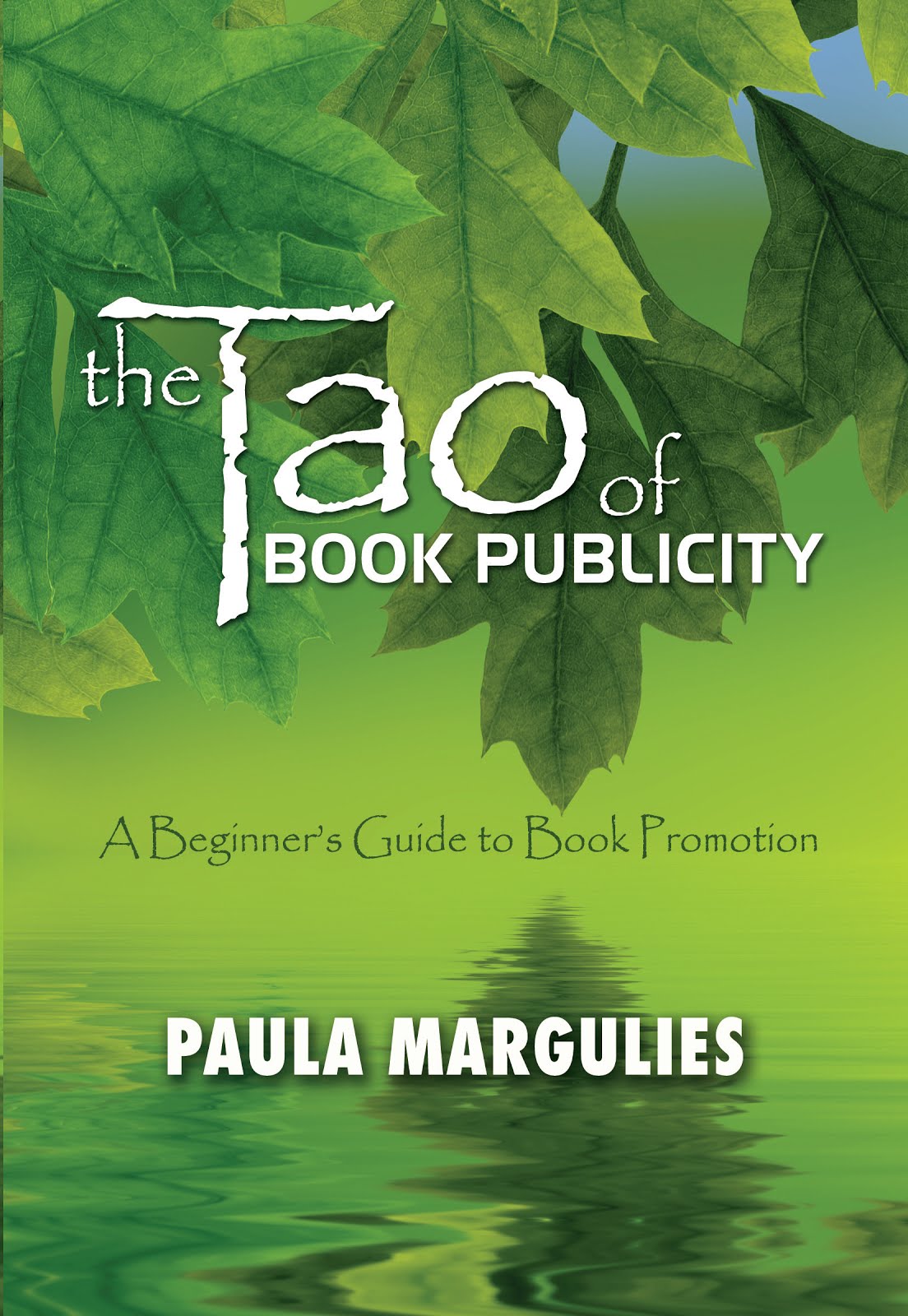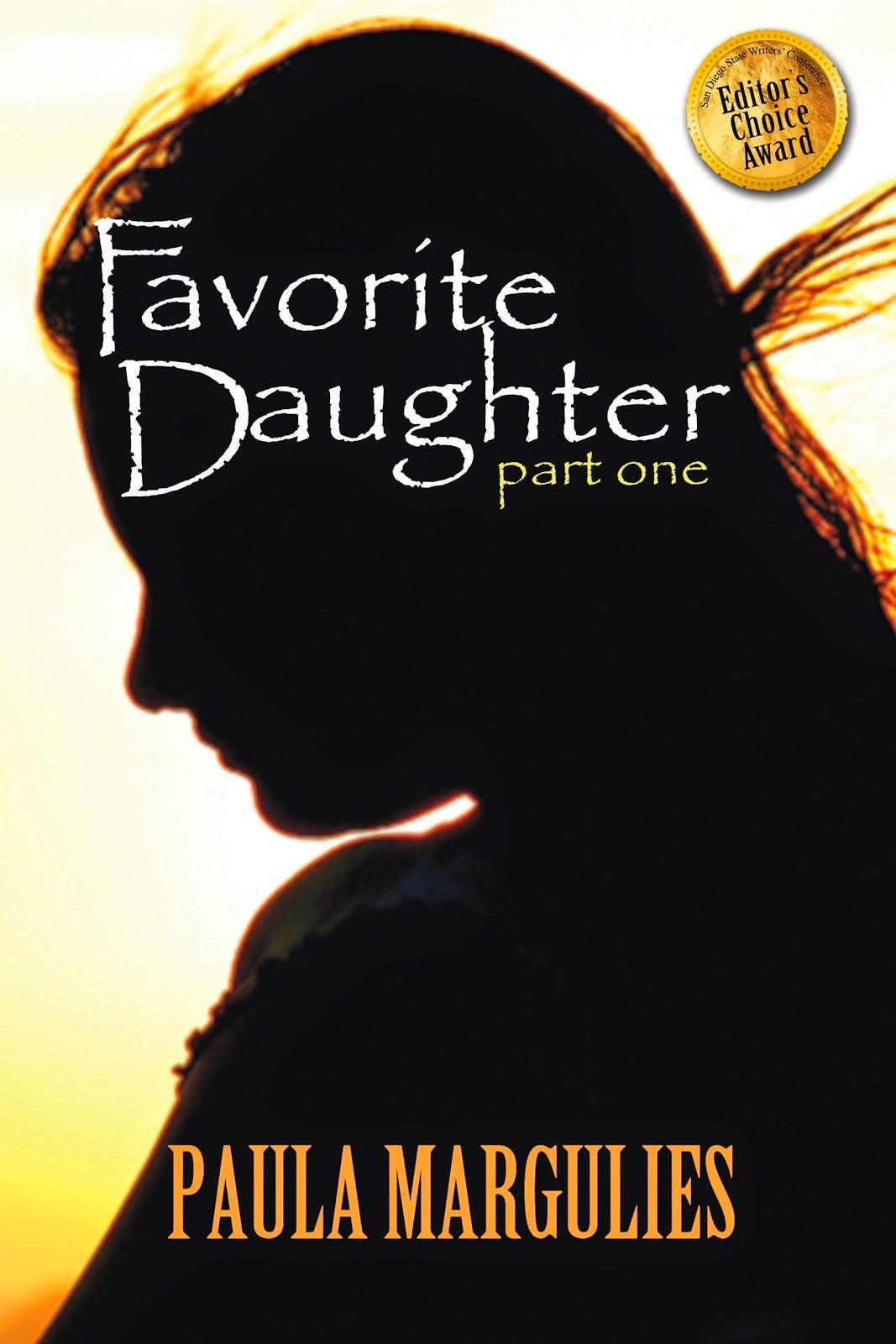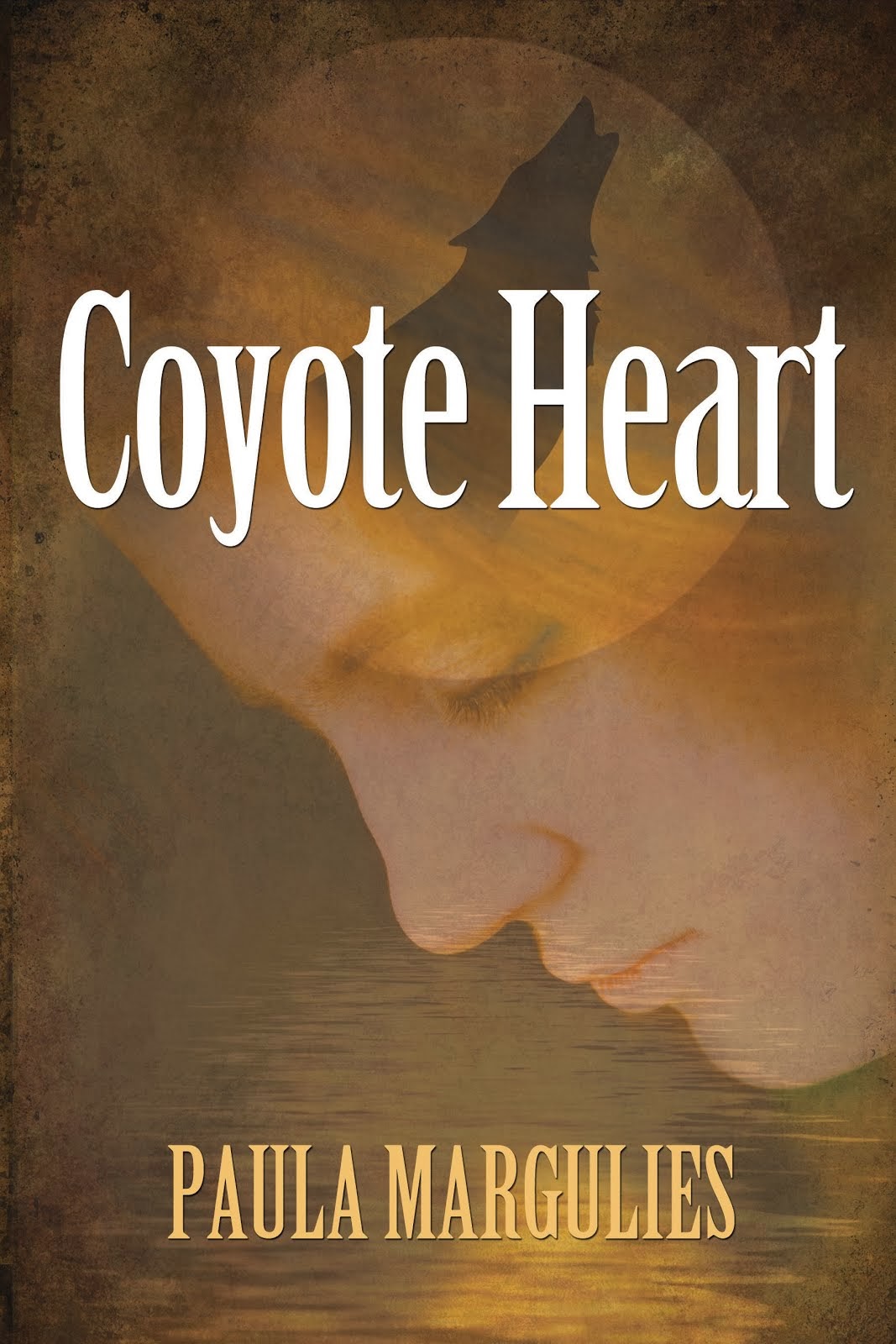 It’s that wonderful time of year when local neighborhoods and specialty organizations begin holding their annual street fairs and festivals. Authors should try to take advantage of the festivals in their areas, as they offer great opportunities to meet readers and sell books. Many festivals attract thousands of attendees and provide excellent selling opportunities, especially for unknown and self-published authors who are not as likely to draw big crowds at book store signings. Selling books at fairs and festivals is also a smart idea for more experienced or well-known writers, who are looking to augment their book tour schedules.
It’s that wonderful time of year when local neighborhoods and specialty organizations begin holding their annual street fairs and festivals. Authors should try to take advantage of the festivals in their areas, as they offer great opportunities to meet readers and sell books. Many festivals attract thousands of attendees and provide excellent selling opportunities, especially for unknown and self-published authors who are not as likely to draw big crowds at book store signings. Selling books at fairs and festivals is also a smart idea for more experienced or well-known writers, who are looking to augment their book tour schedules.Listed below are some tips if you plan to sell your book at a street festival or book fair this year:
1. Promote ahead of time.
If you plan to sell books at a festival, be sure to do all the footwork that you would normally do for any book signing. Send out a press release, list the event in print and online calendars, and use your email lists to notify readers that you’ll be selling books at an upcoming festival or fair. Be sure to include the date, time, and street address for the festival, as well as the location of your particular booth, in your promotional material.
2. Share expenses.
Some festivals charge quite a bit for booth space. If you find the price too prohibitive, consider splitting costs by sharing space with one or more other authors. If you are going to rent a booth at a specialty fair, invite other authors who have books in the same genre, or share with someone who sells something related to your book. Be creative – if you have a book with a
 Native American theme, share space with a historical author at some of the Indian pow-wows in your area. If you are a nonfiction writer with a how-to book, you may want to attend some of the local craft fairs and festivals that occur in the spring and summer months. Shop owners and local artists are often looking for opportunities to sell their wares and may be interested in sharing space at festivals. Also, watch for specialty events – children’s book festivals, African American festivals, Italian or Greek festivals, and library events, etc., where your book might fit in.
Native American theme, share space with a historical author at some of the Indian pow-wows in your area. If you are a nonfiction writer with a how-to book, you may want to attend some of the local craft fairs and festivals that occur in the spring and summer months. Shop owners and local artists are often looking for opportunities to sell their wares and may be interested in sharing space at festivals. Also, watch for specialty events – children’s book festivals, African American festivals, Italian or Greek festivals, and library events, etc., where your book might fit in.3. Come prepared.
Make sure you have the following items with you before you head out to man your booth:
Books – consider how many people will be attending the event, and plan accordingly. If you drive to an event, you can always keep extra books in your car, in case you sell those you bring with you to the booth. Be sure to bring “Autographed Copy” stickers if you plan to sign books at your booth, and determine what price and the appropriate tax amount, if applicable, you’ll be asking before the booth opens that day.
Giveaways – like any trade show, you should plan on giving out freebies to attract individuals to your booth. Bookmarks, candy, pens, etc., all work well as giveaways that will attract readers to stop by your booth. One author I know creates small booklets, with the first five chapters of her young adult fantasy novel, as a giveaway to use at book fairs. She hands them out to kids as they pass by, and urges them to ask their parents to purchase the book online or at a bookstore if they want to read more.
Set up items – make sure you have a table, table covering, chairs, canopy, cooler with food and drinks, sunglasses, sunscreen, a jacket for cooler weather, book stands, and signage or posters. Bring scissors, tape, and any other items you might need for setting up displays. Stash set-up items in a piece of carry-on luggage to easily roll them out to your booth. If you’re going to be outdoors, bring paperweights or heavy items to hold down any flyers or papers that might blow away on windy days.
Tax permits and change – some festival and fair organizations require that you have a business license or tax permit before you can sell at a booth and will ask that you bring those with you while you’re exhibiting. Also, be sure to bring change with you in correct increments: nickels, quarters, dollar bills, etc., so you can make a sale if someone hands you a $20 bill or higher. If you are set up to accept credit cards and checks, be sure to have the processing equipment with you (if you accept PayPal and have access to electricity, bring your laptop or PDA).
Pitch – plan a quick, one-minute pitch to use with individuals who stop by your booth. Outline your spiel in advance, and practice it so it seems natural and friendly when potential buyers approach you.
4. Practice proper booth etiquette.
If you’re sharing a booth, it’s important that you be considerate and polite to the authors you’re sharing space with, as well as the neighboring sellers on either side of your booth. When sharing booth space, arrange how you’ll handle customers ahead of time, so that you’re not jockeying for attention when individuals approach, and be sensitive to customers who are listening to your booth buddies’ pitches. Try to engage your customers before they buy; take the time to ask them what they like to read, if they read books similar to yours, etc., and really listen to their answers – although people will be interested in your comments about your book, they also like to be heard, so use your listening skills to help make the sale.
5. Have ordering info ready if you run out of books.
Be sure to bring extra info, such as business cards or flyers, to can hand out if you run out of books and giveaways. If sales are slow, you can lower prices, but doing so often means that you might sell out. Be prepared to make use of your remaining booth space time by having ordering information or contact information readily available for those who may want to buy after the event is over.
6. Follow up afterward.
Like any networking event, fairs and festivals provide ample opportunity to network with other authors, potential clients, and readers. Be sure to follow up after the festival: send promised books to customers, get in touch with networking contacts, and send thank yous to festival organizers, so they’ll invite you back next year.
7. Book early for next year’s event.
Some festivals are really popular and only allow a limited number of vendors. To ensure that you aren’t shut out of key festivals and fairs, research the ones available in your area and be sure to book them ahead of time whenever possible.
A great list of links for book festivals throughout the United States can be found at: http://www.thegritsbookclub.com/Content/Events.html
Happy selling!







